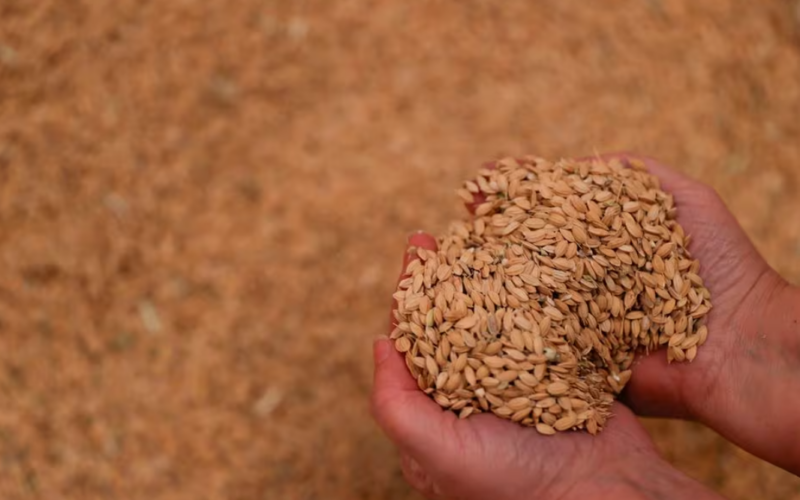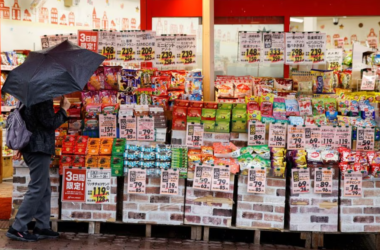Spain’s cherished tradition of paella, the iconic rice dish synonymous with its culinary heritage, faces an uncertain future as farmers grapple with the repercussions of European Union regulations. The renowned Spanish rice variety, arroz bomba, revered for its texture and flavor essential to paella, now teeters on the brink of extinction due to stringent EU pesticide bans, leaving farmers disheartened and angry at what they perceive as regulatory overreach.
The ban on tricyclazole, a pesticide relied upon by Spanish rice farmers for four decades to combat the Pyricularia fungus causing rice blast disease, has plunged arroz bomba cultivation into jeopardy. In the Valencia region, the heartland of Spanish rice production, farmers lament a drastic decline in yields, with harvests dwindling to half the 10-year average in 2023, signaling a dire threat to the survival of bomba rice.
Miguel Minguet, a rice farmer in the Albufera Natural Park in Valencia, expresses grim apprehension, foreseeing the imminent disappearance of bomba rice due to stringent regulations imposed by the EU. Frustrated by what they perceive as regulatory hurdles stifling their livelihoods, Spanish farmers have voiced their grievances through protests across the country, highlighting the simmering discontent over the EU’s environmental policies.
The disparity in regulatory standards between the EU and major rice-exporting nations like Brazil, India, and Cambodia exacerbates farmers’ frustrations, underscoring a perceived bias favoring external competitors. The EU’s prohibition of tricyclazole contrasts sharply with its tolerance for trace amounts of the fungicide in imported goods, further exacerbating the sense of injustice among Spanish farmers.
Despite reassurances from the European Commission regarding safety standards for imported products, farmers remain aggrieved by the perceived double standards governing pesticide usage. The EU’s efforts to strike a balance between sustainability objectives and food self-sufficiency aspirations have sparked debate over the efficacy and fairness of environmental regulations, laying bare the inherent challenges of reconciling competing interests within the agricultural sector.
While farmers in the Albufera wetlands resort to alternative fungicides to protect rice crops, concerns persist over their ecological impact, with studies indicating adverse effects on shrimp populations. The intricate interplay between agricultural practices and environmental conservation underscores the complexity of addressing the multifaceted challenges confronting rice cultivation in Spain.
The repercussions of declining bomba rice production reverberate beyond the agricultural sector, impacting consumers and retailers alike. Escalating prices, doubling over three years, reflect the dwindling supply of bomba rice, leading to shortages in supermarkets and culinary establishments nationwide.
For aficionados of paella, bomba rice holds unparalleled significance, prized for its unique culinary properties that elevate the dish to culinary perfection. Rafael Vidal, a renowned paella chef, extols the virtues of bomba rice, emphasizing its indispensable role in crafting the quintessential Spanish delicacy.
As Spain grapples with the threat to its culinary heritage, the plight of bomba rice epitomizes the broader challenges confronting agricultural sustainability and regulatory coherence in the EU. The quest for a harmonious balance between environmental conservation and agricultural viability remains an ongoing endeavor, fraught with complexities and contentious debates.








